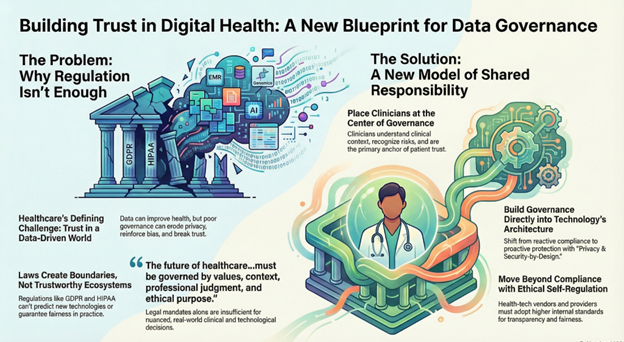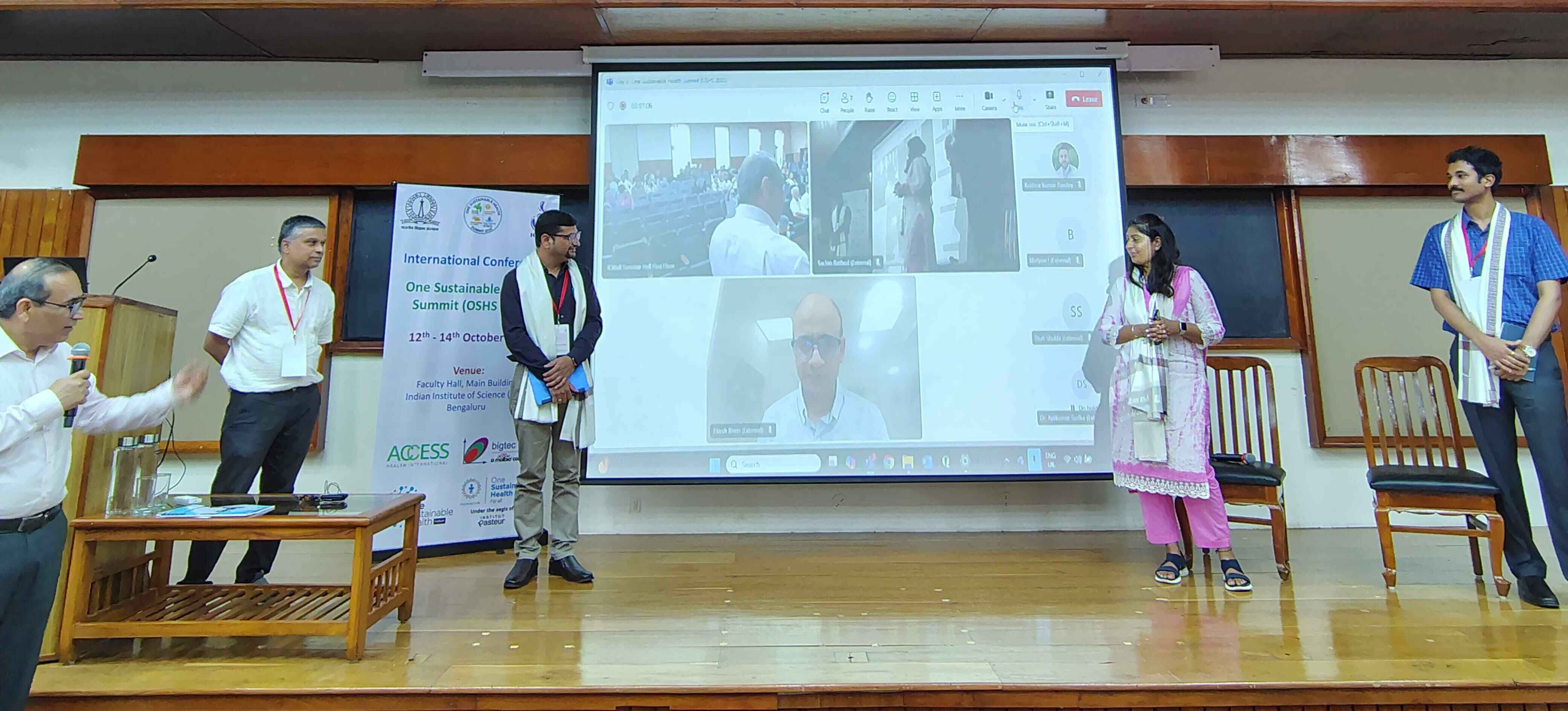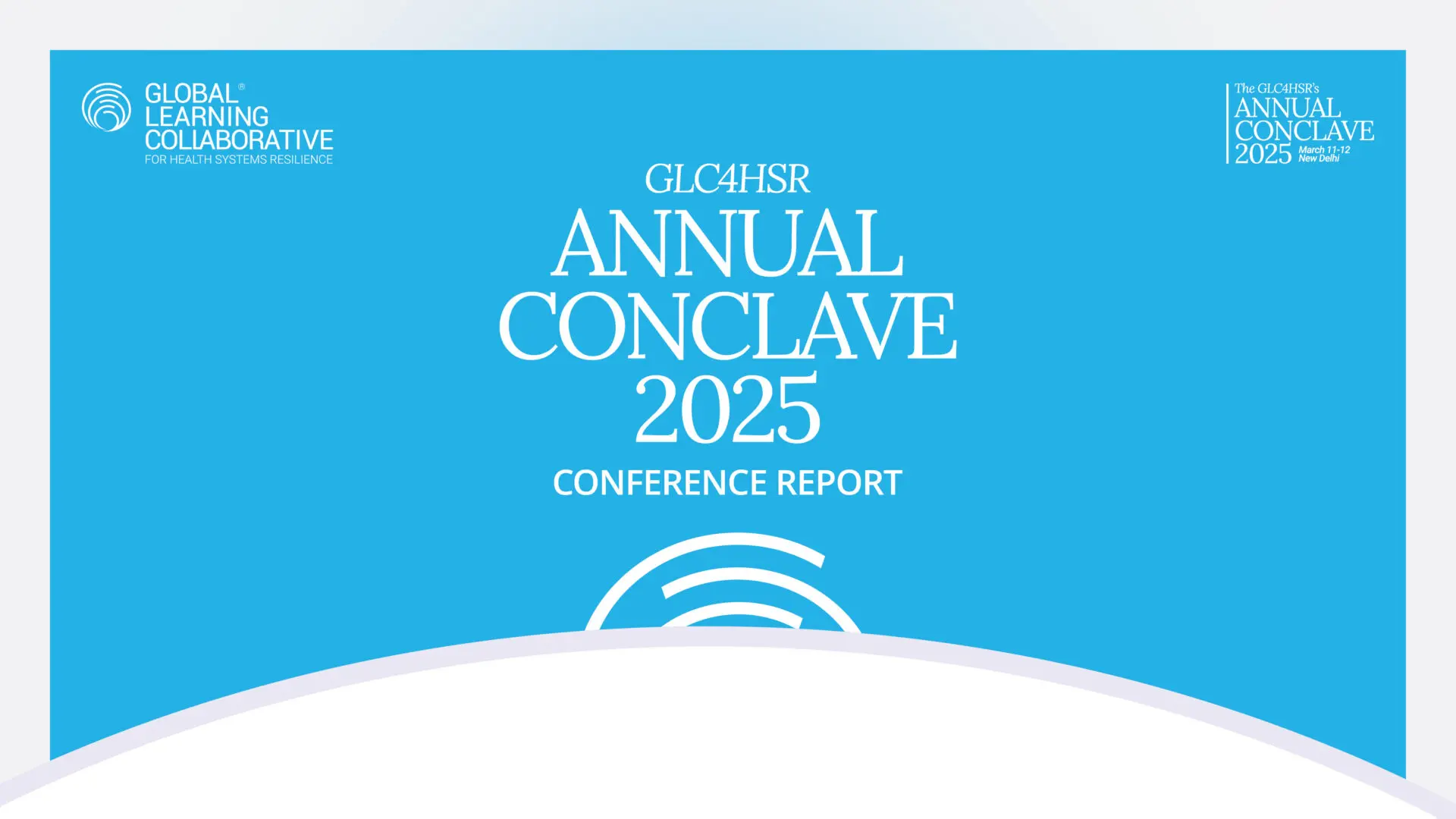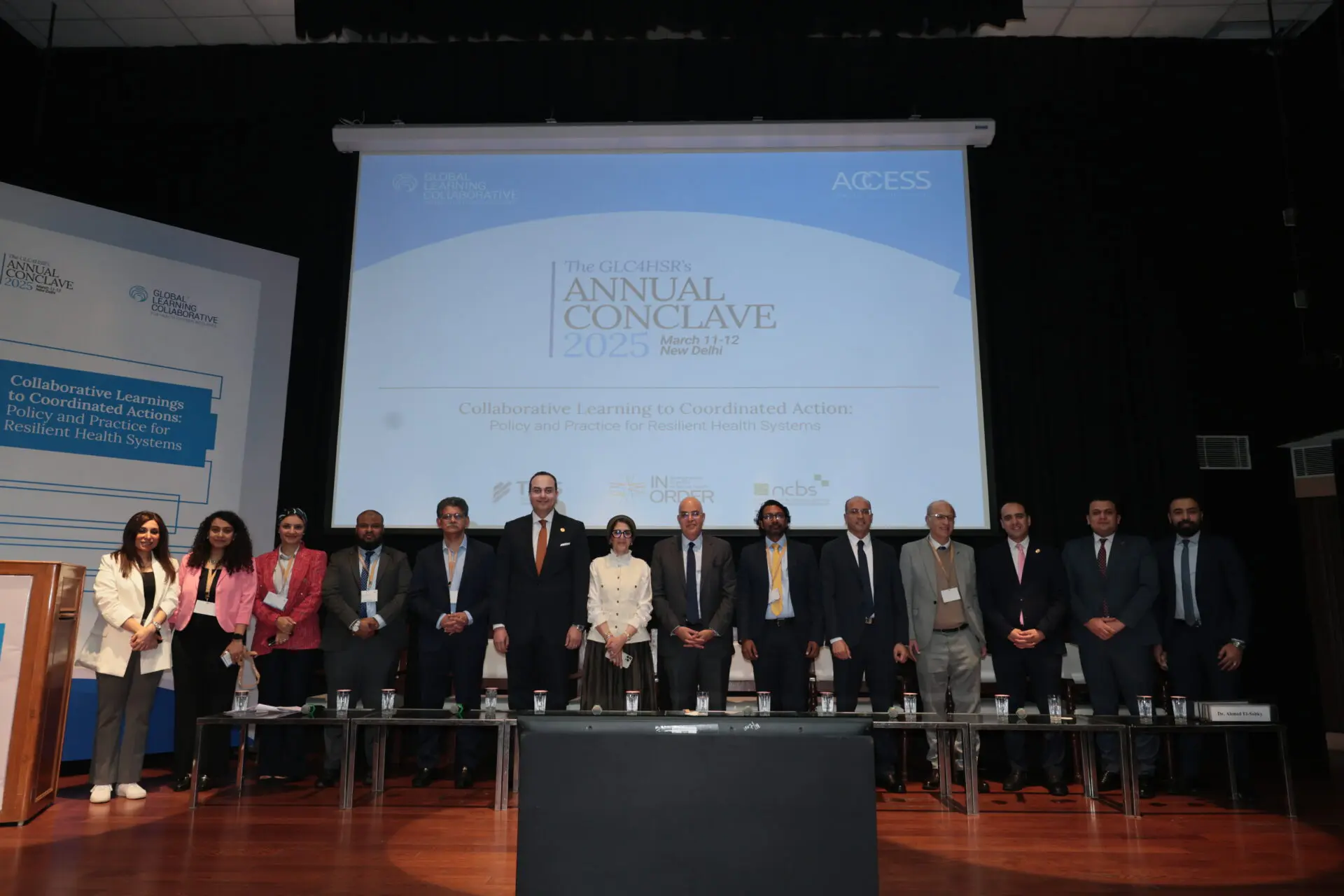Climate Change & Health in the Global South: Key Insights from ACCESS Health/GLC4HSR discussions at the 2023 Primary Healthcare Forum
Updates ▪ Jan 9, 2024
ACCESS Health International, as the Secretariat of the GLC4HSR, recently convened the Competence Forum on Climate Change Impacts on Health in the Global South. Hosted at the Center for Indonesia's Strategic Development Initiatives (CISDI)’s Primary Healthcare Forum 2023 in Jakarta, this two-day event spotlighted the crucial nexus between climate change and health. The proceedings of our panel discussions can be found HERE.
Two panel discussions, enriched by insights from policymakers, healthcare practitioners, environmental activists, and community members, were convened by the ACCESS Health team. Ms. Iman Hameed moderated the first panel, delving into the intricate connections between climate and health, underscoring the role of community decision-making in healthcare planning amidst climate adversities. Dr. Krishna Reddy Nallamalla moderated the second panel, emphasizing the importance of embedding climate resilience within healthcare systems.
Key insights emerged from these discussions:
- Emphasizing community involvement in healthcare system design for climate resilience.
- Recognizing the unique characteristics and challenges of diverse communities in adaptation plans.
- Championing indigenous-led climate adaptation strategies.
- Tailoring climate resilience frameworks to local contexts.
- Incorporating climate change impacts in healthcare financing.
- Addressing vulnerabilities in healthcare infrastructure, especially in the digital realm.
- Advocating for the One Health approach in transformative health initiatives.
The forum concluded with a strong call to action. It emphasized the need to understand and address the combined challenges of climate change and healthcare resilience, particularly in regions like Asia. The importance of empowering local communities, especially indigenous groups, to act as environmental caretakers was highlighted. The discussions urged for policies that are inclusive and a health system that is responsive to the changing needs of communities. The climate crisis was underscored as a significant public health issue that demands both systemic and country-specific strategies. The forum also stressed the importance of starting initiatives from the grassroots level, fostering collaboration across sectors, and introducing innovative financing methods to strengthen primary healthcare.
Furthermore, it advocated for building partnerships and enhancing communication at the local level, using a "pentahelix" approach that incorporates various stakeholders. Lastly, the sessions emphasized the value of implementing innovative financial strategies and granting more autonomy to local authorities during health crises.






